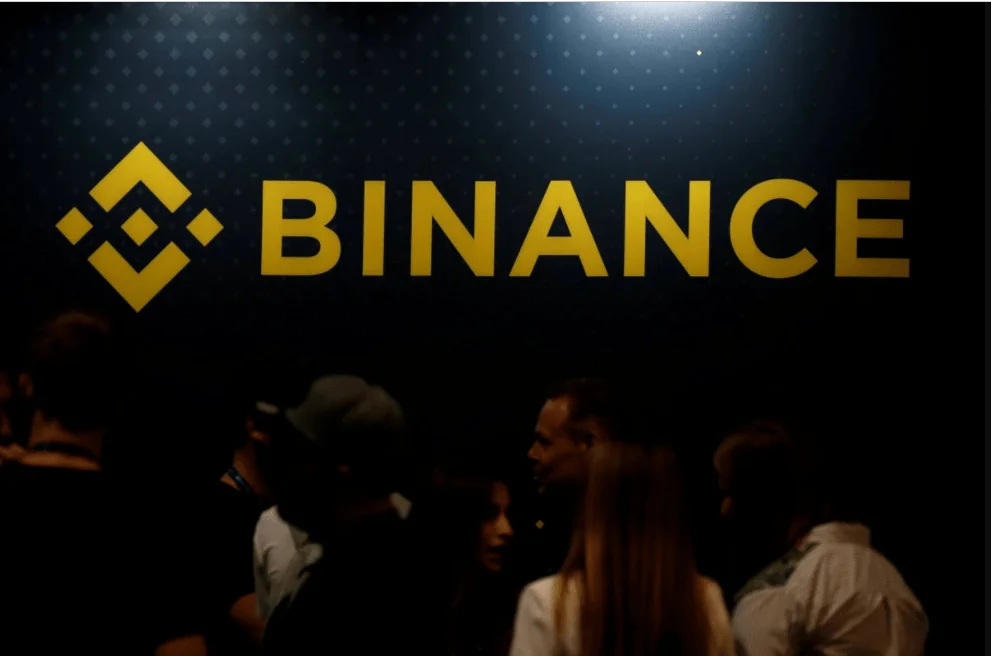Despite being ordered by the country’s regulator to stop trading in June, Binance CEO says the company aims to expand to the United Kingdom in the next six to 18 months.

In June, the Financial Conduct Authority (FCA) of the United Kingdom removed Binance‘s permission to trade in the country, as part of a comprehensive regulatory crackdown on cryptocurrency exchanges. Binance is one of the largest cryptocurrency exchanges in the world.
The platform must adhere to money laundering and terrorist financing rules in order to become a registered crypto asset business in the United Kingdom. To fulfill these regulations, Zhao stated that the business was considering forming a separate company to operate in the United Kingdom, similar to Binance.US.
Binance aims to seek for an FCA license, Zhao told the Telegraph on Dec. 4 after hiring a “number of ex-regulatory professionals from the UK” and a “couple of hundred compliance people” since the FCA notice in June.
To help facilitate improved interactions with foreign regulatory organizations, the crypto exchange giant engaged the former head of international relations at the Dubai Financial Services Authority (DFSA) as its top regulatory liaison officer in October.
Zhao also stated that the platform has “completely re-engaged” with authorities and is working on “a number of very important reforms” in “product offerings, internal procedures, and the way we operate with regulators.”
Binance might sell futures and derivatives in the United Kingdom if the FCA gives its clearance. As regulators continued to ratchet up the fire, Binance stated in September that Australian customers would have 90 days to liquidate their positions in futures, options, and leveraged tokens.
Binance has already banned futures trading for users in Germany, Italy, and the Netherlands as part of a larger strategy to stop selling these products throughout Europe.
Because Binance had not responded to questions concerning its headquarters, the FCA issued a supervisory warning in August claiming that it was “not capable” of adequately overseeing the company.
Despite the fact that the exchange has refuted all claims of market manipulation, it continues to face opposition from a number of countries, including Germany, Malaysia, and South Korea.
